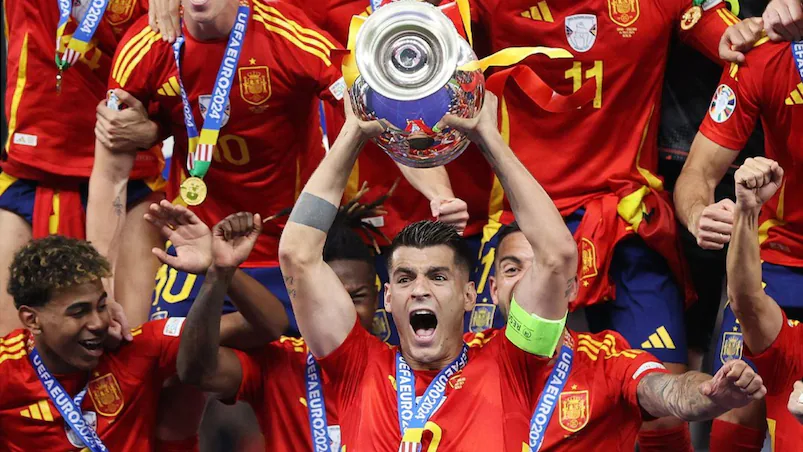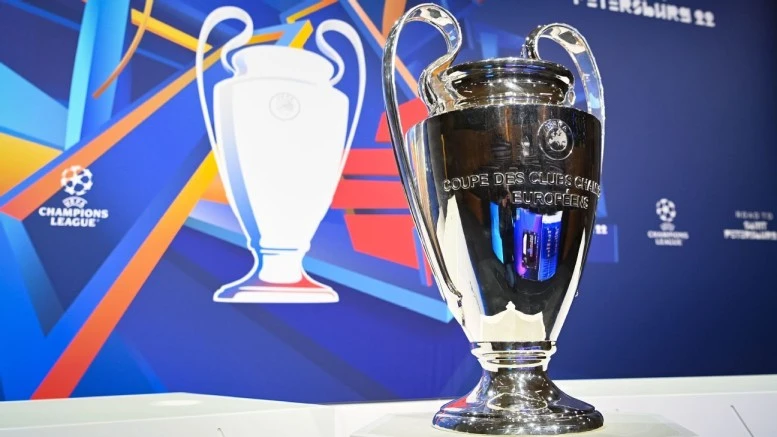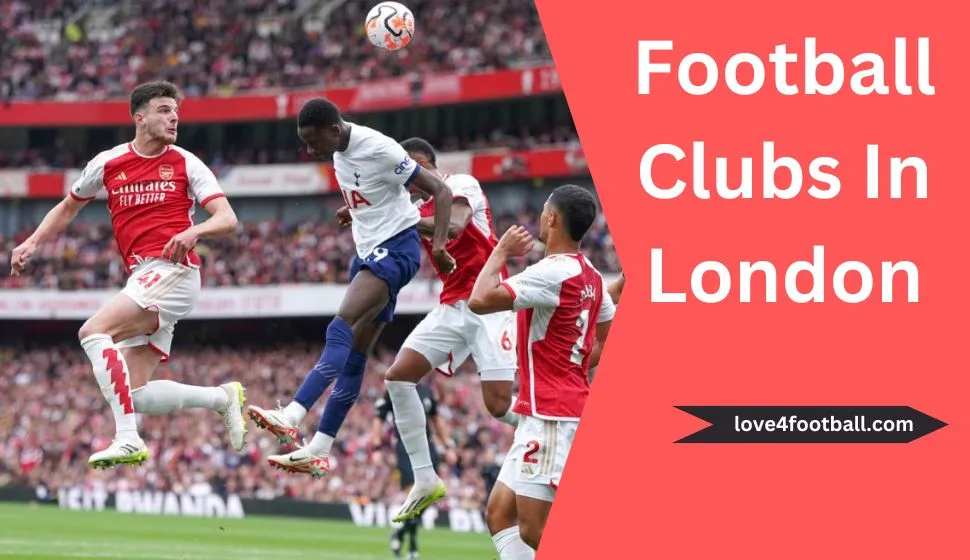
How to Achieve Success in Football
How to Achieve Success in Football
You don't have to be a football player to watch FIFA on TV, enjoy the game, and appreciate it. We want you to enjoy it more so that you can comment on it intelligently and explain why a team won the championship. We want to encourage you to learn more about the history and technical aspects of soccer, a sport that has been practiced for a very long time but is still very popular around the world. Which soccer team employed these techniques?
1. Technique: Body control, accurate passing, and ball control
2. Game intelligence: Risk assessment, tactic understanding, and spatial awareness
3. Physical stamina, coordination and balance, speed, strength, and power
4 The right frame of mind—compassion, mental stamina and control, coach ability, and self-motivation
Are you aware of any high-performance soccer academies or boarding schools that teach and develop young soccer players so they are ready to compete at the collegiate, semi-professional, or professional levels? The greatest academies take education seriously and educate their kids for success in all facets of life, in addition to having the contacts and know-how to assist their pupils in making it to the major leagues.
Technique
The most evident component of success in football may be technique. Even a novice can spot good technique. Do they control the ball well? When the ball is at their feet, how quick are they? Are they able to dribble past their opponents? Will they reach the feet? Good technique includes four essential components:
a) Ball control
A player's ability to control the ball while using all of their body — including their feet, legs, chest, and head — is referred to as ball control. With clean first touches and the ball kept close to their body, a player with good ball control can receive passes both on the ground and out of the air. Ball control also refers to a player's capacity to successfully keep the ball in his or her hands while successfully defending it from adversaries. Football success also heavily depends on the player's ability to spin fast and sharply with the ball, which is a component of ball control.
b). Dribbling skills
The ability to move up and down the field while maintaining complete control of the ball is referred to as dribbling skills. A player with good dribbling ability can move the ball with both feet in various directions and at various speeds. They can pass through opponents with ease and keep the ball in their hands. For players in all positions, having excellent drilling techniques is crucial to success in football.
c). Passing accuracy
The ability to send the ball with both feet to the intended location is referred to as passing accuracy. That could entail crossing the ball accurately in front of the goal or, for attackers, accurately and powerfully firing the ball into the goal. It could also mean putting the ball straight to a teammate's feet with strength and precision. Without the ability to pass accurately with both feet, players cannot succeed in football.
d). Body control
The capacity of a player to move their body flexibly to improve balance and coordination is referred to as body control. Body control mostly relates to proper form because it falls under the realm of technique rather than physical fitness. A low center of gravity, long strides, and proper running technique are all signs of good body control.
4 .Repeated drills and countless hours of practice is the key to improving technique. The best method to develop any one of these crucial abilities isn't through friendly competition. Instead, players should work on drills that specifically target each talent until they master it. They should then take those abilities to the playing field and put them to use in actual matches. Take a look at these soccer drills that you may do with a buddy.
5. Skill in gaming
The capacity of a player to act swiftly and wisely when making judgements on the field is a key indicator of game intelligence. A shrewd footballer wants to play as efficiently as possible, using their energy efficiently to achieve their goals. In essence, playing intelligently is trying to win rather than trying to lose. Enroll in a summer soccer camp to develop your skills as a player.
Game intelligence consists of three abilities:
6. Geographic awareness
A player's capacity to perceive space clearly on the full field and use it to their advantage is referred to as spatial awareness. What does it mean to see clearly into space?
Players must first be conscious of their local surroundings. Where should they be in relation to the location of the ball, their own teammates, and their opponents? Do they need to enter a space to get a pass? Should they try to create space for themselves by distracting defenders from their teammate who is carrying the ball?
7. Secondly, intelligent players are always aware of where their teammates are and where they should be according to the positioning of the other team. There are two reasons they need to know where their teammates are and should be: (1) to tell them where they should be if they’re not there, and (2) to anticipate their teammate’s position and make a quick, instinctive pass almost without looking. In fact, scouts often look for this sixth sense of a footballer.
8. Finally, intelligent players are extremely aware of the geometry of the game. They know how to position themselves and others to make wide angles and easy passing opportunities for themselves while on offense and narrow angles and difficult passing opportunities for their opponents while on defense.
Spatial awareness is a complicated skill which encompasses many other skills absolutely essential to achieving success in football. In fact, spatial awareness is also closely related to the next game intelligence skill, tactical knowledge.
9. Actively watching lots of great football is one approach to enhance spatial awareness. That necessitates focusing on more than just the ball. Try to anticipate the passes and placement of all the players on the field (from both teams). Watch past games that were recorded. Take frequent breaks during the game to pay close attention to player positions. Keep the current matches for group enjoyment.
10. Practical understanding
A player's understanding of the rules and layout of the game is referred to as tactical knowledge. A team's composition has a significant impact on the strategies they will employ to win. Over time, there have been significant changes to soccer formations. It's a good idea to familiarise yourself with the various soccer formations (http://www.soccer-training-guide.com/soccer-formations.html) utilised nowadays as well as the tactics and methods that go along with each one if you want to be a smart soccer player. While tactical awareness contributes to a player's capacity to foresee the future opportunities that will result from each action, spatial awareness aids intelligent players in seeing their immediate opportunities. Since they can create the proper circumstances for an attack as well as wait for it, players with strong tactical awareness are excellent at preserving possession. Intelligent players can move the ball across the field, opening up gaps in the defence of the opposing team until they have just enough room to attack by anticipating the movements of both their own players and those of their opponents.
11. Training with varied coaches and players at various times of the year is one of the best ways to develop game intelligence. Players gain new viewpoints and broaden their toolkit of strategic options in this way.
Numerous prestigious club teams like Real Madrid, Atl Madrid, Barcelona FC, and Manchester City
Players can learn to play by attending summer programmers at Liverpool, Chelsea, or PS Goffer or year-round camps at those organizations. In certain programmers, the decision-making abilities of each player on the field are even discussed in theoretical workshops and through video analysis.
12. Risk Evaluation
Risk is the possibility that certain bold choices could result in the loss of something (or failure to regain possession in the case of diving or tackling on defense). Every team member must work harder when they lose control of the ball until they reclaim it. Such aggressive choices could result in an excessive energy expenditure and a failure to perform successfully for the entire 90 minutes of the game. On the other hand, if a team makes no aggressive decisions at all in an effort to preserve energy and keep possession, the team may not be able to score goals and may ultimately lose.







